The following are some of this week's reports from the MEMRI Jihad and Terrorism Threat Monitor (JTTM) Project, which translates and analyzes content from sources monitored around the clock, among them the most important jihadi websites and blogs. (To view these reports in full, you must be a paying member of the JTTM; for membership information, send an email to jttmsubs@memri.org with "Membership" in the subject line.)
Note to media and government: For a full copy of these reports, send an email with the title of the report in the subject line to media@memri.org. Please include your name, title, and organization in your email.

Jihadis affiliated with Sunni Salafis reacted to President-Elect Donald Trump, who won the U.S. presidential election early Wednesday morning, November 6, 2024.
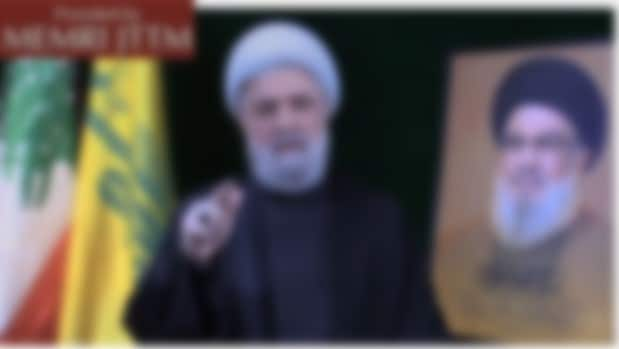
On November 6, 2024, Hizbullah Secretary-General Naim Qassem gave a speech in which he touched briefly on the U.S. election, claiming that the results, whatever they are, will not impact Hizbullah's future calculations.
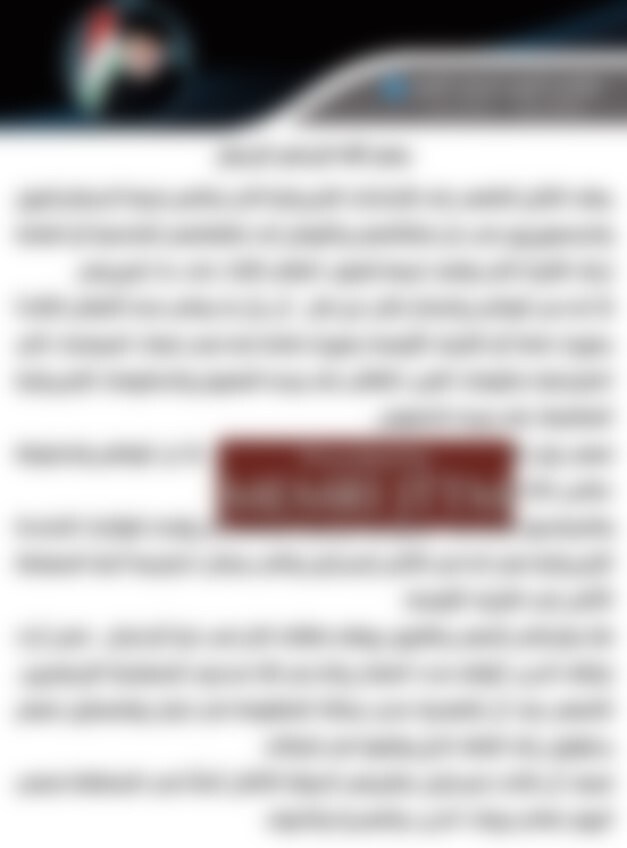
On November 5, 2024, Iraqi Shi'ite populist cleric and leader of Iraq's National Shia Movement, Muqtada Al-Sadr, downplayed people's expectations with regard to the outcome of the 2024 general election in the United States, discarding any potential repercussion on the conflicts in the region.

While no statements were released yet by leaders of Iran-backed Iraqi militias, Telegram outlets affiliated with them reacted to the election of President Donald Trump.
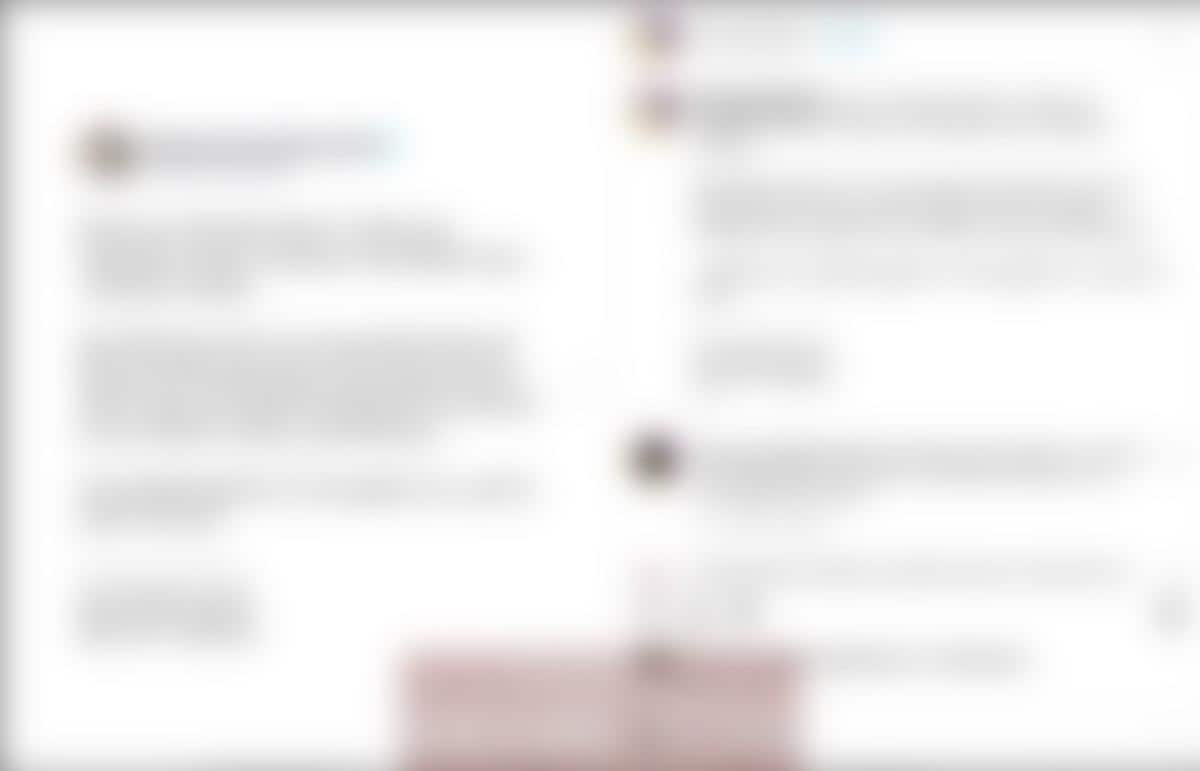
In the days leading up to the U.S. presidential election on November 5, 2024, English-language social media accounts affiliated with U.S.-based clerics supporting the Islamic State (ISIS) published posts warning Muslims against voting for either Kamala Harris or Donald Trump, ruling that participation in democratic elections is an act of unbelief forbidden under all circumstances and accusing Muslim voters of being complicit in the deaths of Muslims killed as a result of the War on Terror and Israel's war in Gaza.
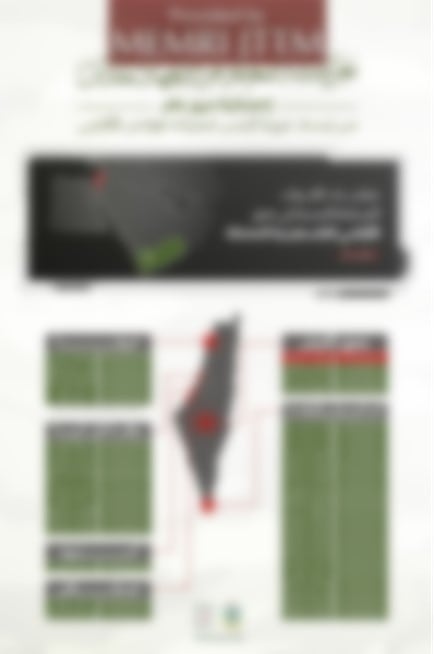
On October 31, 2024, Yemen's Iran-backed Houthi Ansar Allah movement (the Houthis) released an infographic summarizing the group's attacks against targets in Israel within a year "since the Yemeni front [began to] support the Al-Aqsa Flood Battle."
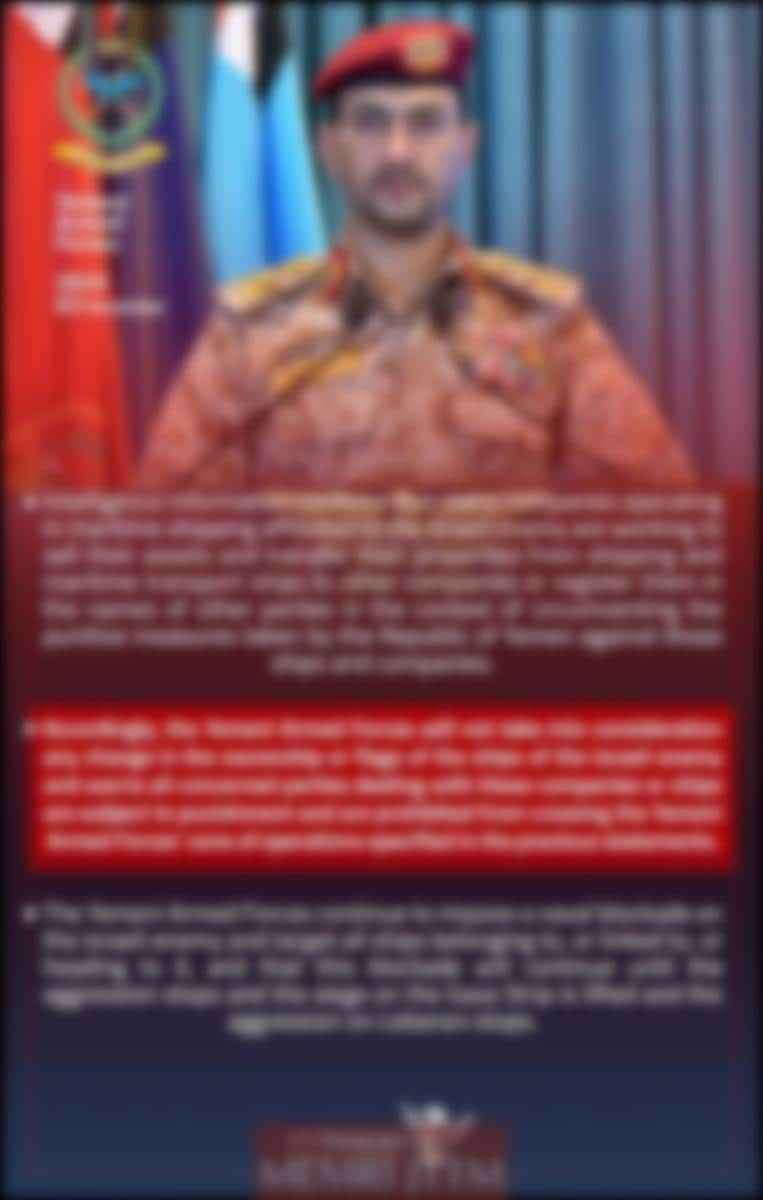
On November 3, 2024, on his Telegram channel, Brigadier General Yahya Sare'e, the military spokesperson for Yemen's Iran-backed Ansar Allah Movement (the Houthis), posted a warning in Arabic and in English, "to all concerned" not to assist the vessels or maritime shipping companies with connections to Israel to deceive Yemen and evade the punitive measures that Yemen has imposed on it.
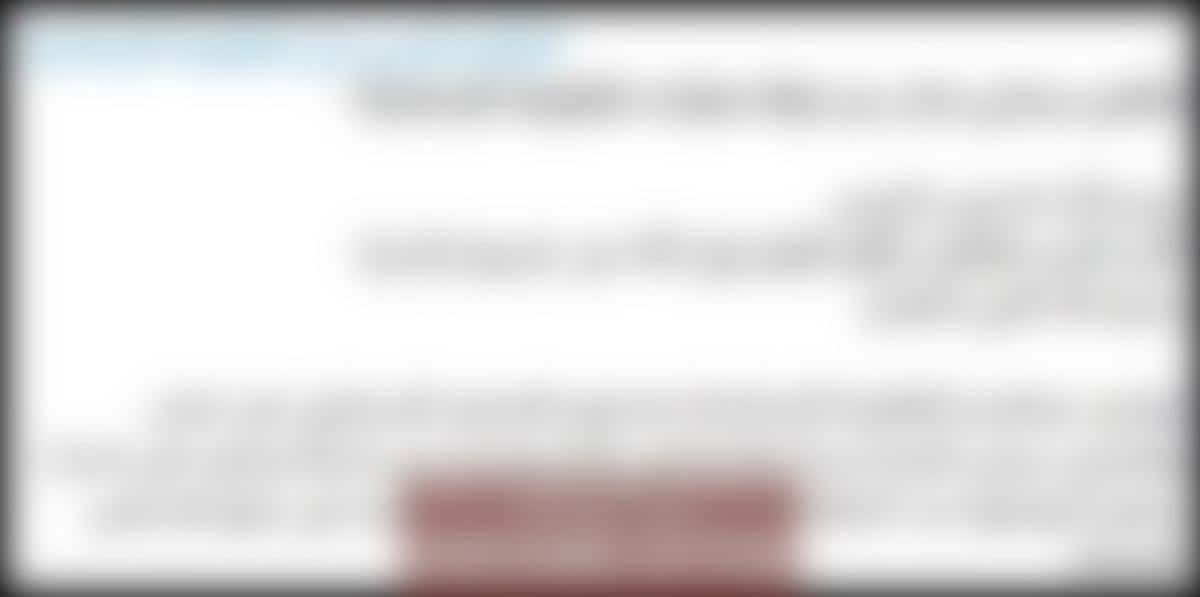
On October 31, 2024, the Hizbullah Military Media Telegram channel posted a report from the "Islamic Resistance Operations Room" that summarizes the organization's recent operations against Israel along "the axes of confrontation" on the battlefront and deep in the territory of "occupied Palestine."
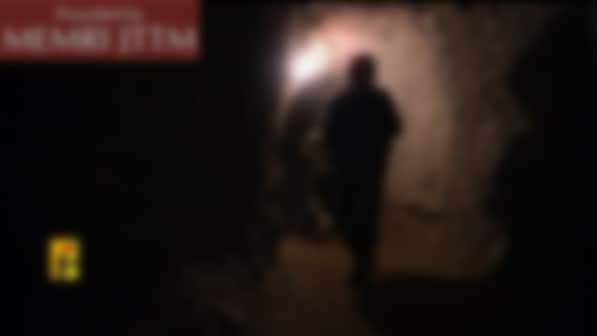
On November 3, 2024, Lebanese Hizbullah released a one-minute, 27-second video titled "We Will Not Abandon the Arena, Nor Lay Down Our Weapons," a quote from a speech by slain Hizbullah leader Hassan Nasrallah.
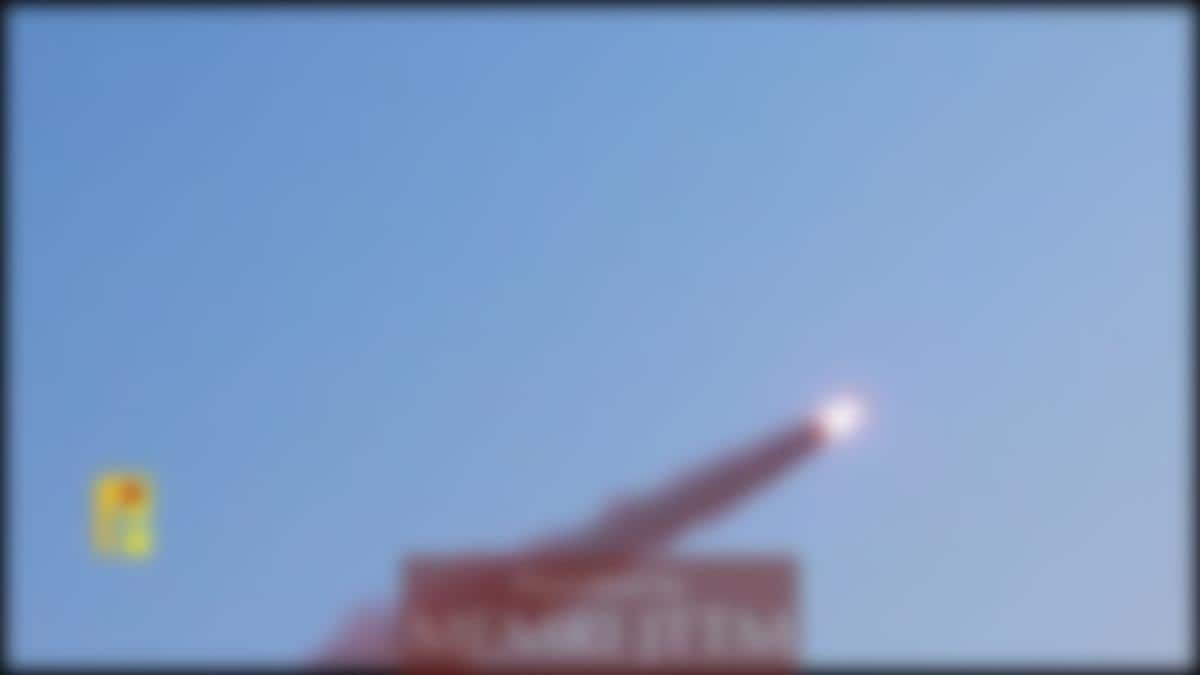
On November 5, 2024, the Military Media Telegram channel of Lebanese Hizbullah posted a claim of responsibility for the launch of a barrage of "high-quality missiles," on the same day, that targeted the Ma'ale Golani military base where, it claimed, the headquarters of the Israel Defense Forces (IDF) 810 Hermon Brigade is located.
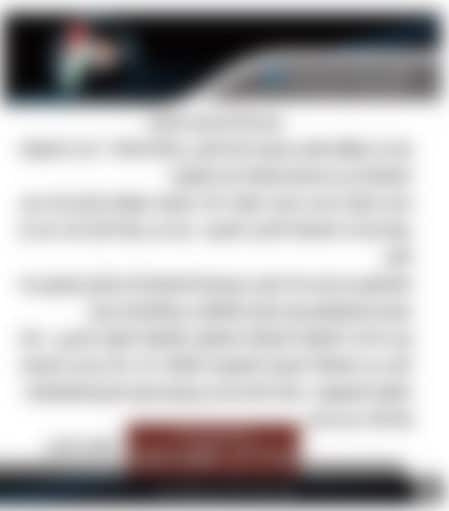
On November 3, 2024, Iraqi Shi'ite populist cleric and leader of Iraq's National Shia Movement, Muqtada al-Sadr, issued a stark warning to the Iraqi government, advising against supporting any two-state solution initiatives regarding the Palestinian-Israeli conflict, and asserting that "Palestine is the only legitimate state."
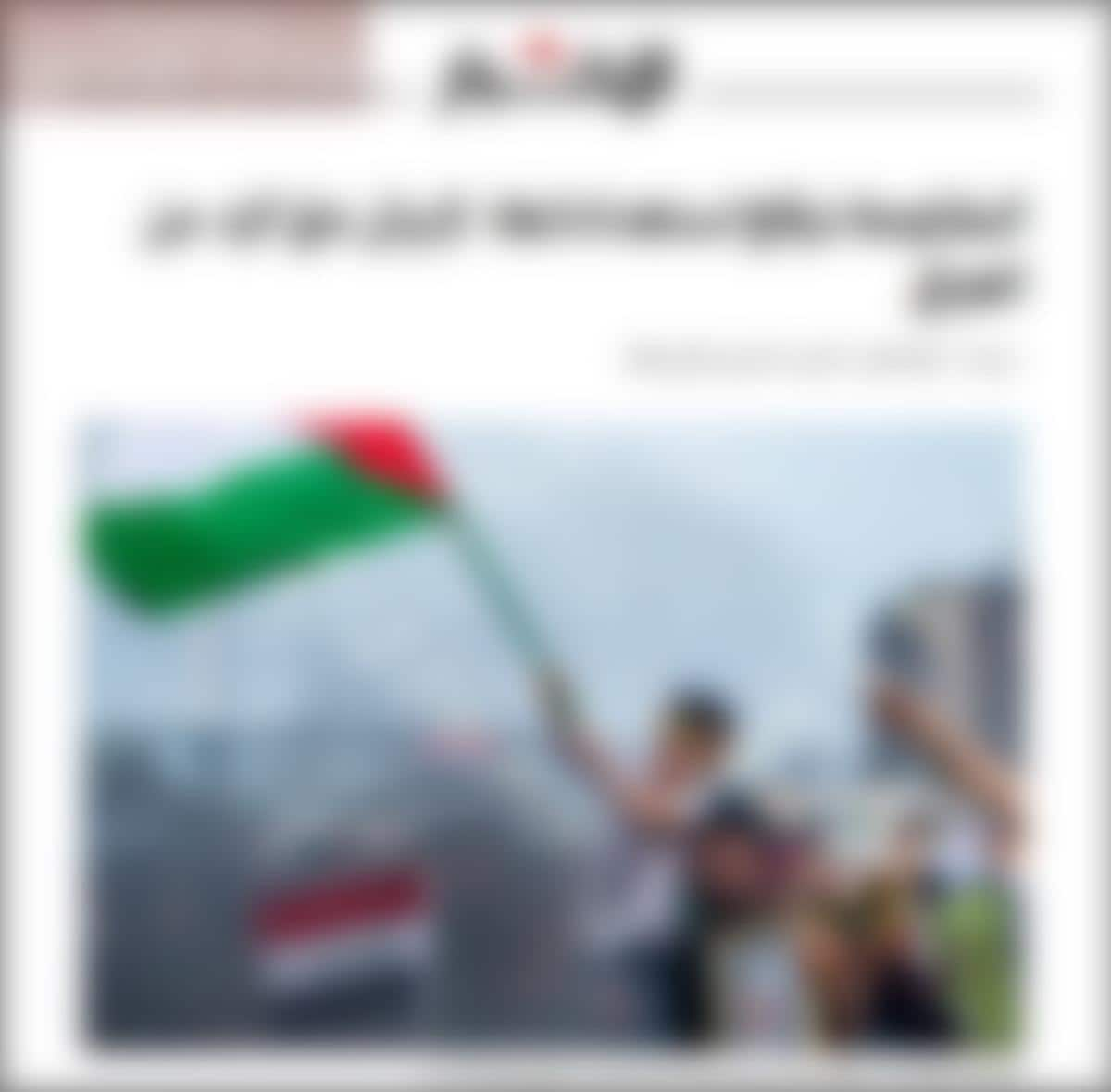
After Israel's October 26 airstrikes on multiple targets in Iran, in retaliation for the latter's October 1 ballistic missile attack on Israel, Iran and Iraq noted that Israeli aircraft had struck from Iraqi airspace and accused the U.S. of complicity in the strikes.
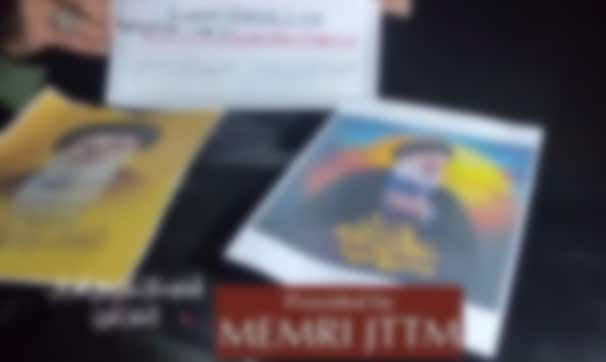
From October 30 to November 4, 2024, the Islamic Resistance in Iraq, an umbrella group of Iran-backed militias in Iraq, issued dozens of statements claiming responsibility for 24 separate drone attacks targeting northern, central, and southern regions in Israel.
Iran-Backed Iraqi Saraya Awliya Al-Dam Claims Four Drone Attacks On Israel's Golan Heights And Haifa

On November 4, 2024, Iran-backed Iraqi Saraya Awliya Al-Dam released four statements claiming responsibility for four separate drone attacks on Israel, reportedly targeting two "vital sites" in the Golan Heights and two others in Haifa.
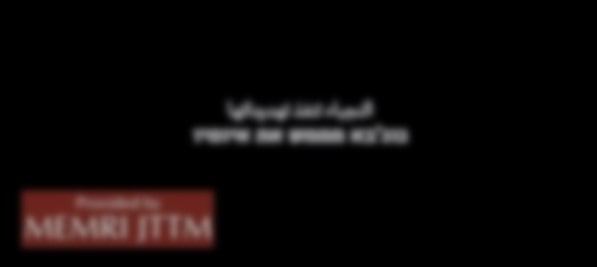
On November 4, 2024, an outlet linked to Iran-backed militias in Iraq, shared a one-minute 20-second video by the Al-Nujaba' Movement Iraqi militia titled: "Al-Nujaba' Implements and What's Coming Is Greater...Soon," highlighting previous threats and ensuing attacks against Israel perpetrated by Al-Nujaba' Movement's Golan Liberation Brigade.
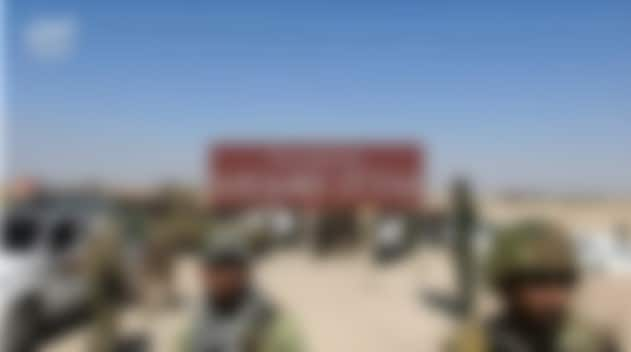
On November 6, 2024, the Syrian opposition-affiliated Euphrates Eye website published an article titled "Iranian Steps To Expand Its Influence In The Countryside Of Raqqa."
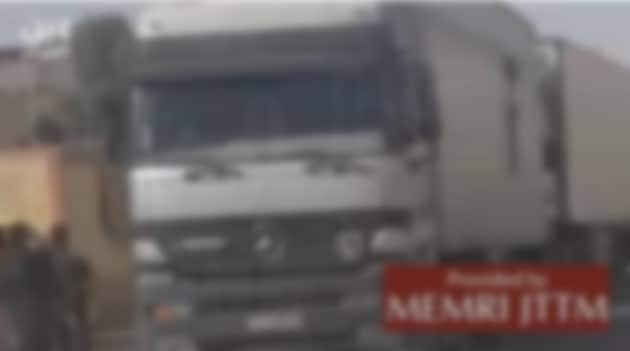
On November 5, 2024, the Syrian opposition-affiliated Euphrates Eye website reported that Iran-backed militias are utilizing aid trucks to smuggle weapons coming from Iraq into Syria.

Over the past few days, a Telegram channel linked to the IRGC, shared posts discussing the October 26, 2024, Israeli strike on military targets in Iran. Asserting that Iran will respond, the channel warned Israel will face soon some dark days.

On October 31, 2024, the Islamic State (ISIS) released issue 467 of its weekly newsletter Al-Naba', which included an editorial, titled: "They Want To Please Allah."
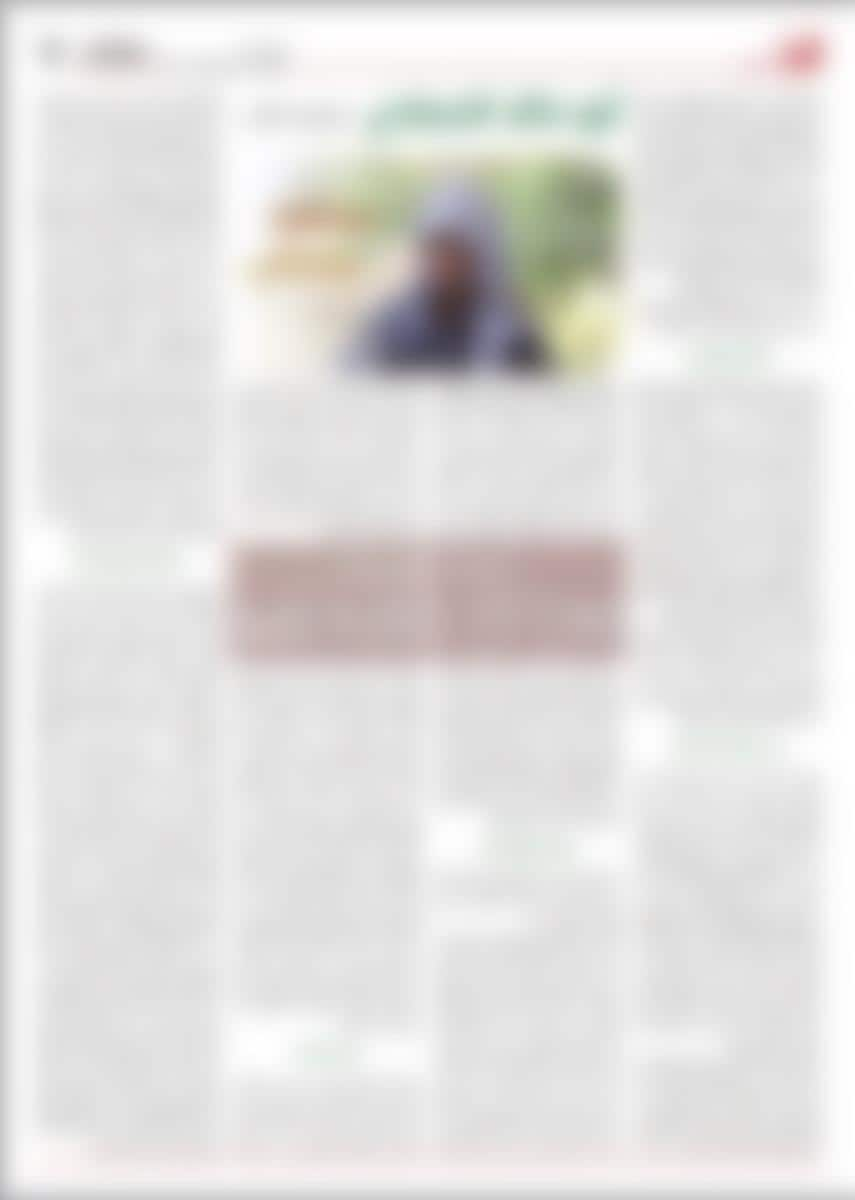
Issue 467 of the weekly Islamic State (ISIS) magazine Al-Naba', dated October 31, 2024, contains a one-page biography of a slain Islamic State West Africa Province (ISWAP) commander and described as "a mujahid and a teacher."

Over the first week of November, the Islamic State West Africa Province (ISWAP) claimed responsibility for a series of attacks on armed forces in northeastern Nigeria.
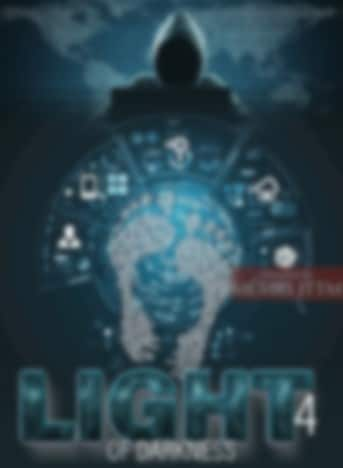
A major article in the Issue 39 of the "Voice of Khurasan," an English-language monthly magazine published by Al-Azaim Media Foundation, a media outlet linked to the Islamic State Khorasan Province (ISKP), which defines itself as a supporting entity for the Islamic State (ISIS), includes guidelines for the mujahideen to use to conceal their identity on the Internet generally and on social media in particular.

An article in Issue 39 of the "Voice of Khurasan," an English-language monthly magazine published by Al-Azaim Media Foundation, a media outlet linked to the Islamic State Khorasan Province (ISKP), which defines itself as a supporting entity for the Islamic State (ISIS), tells the story of a young jihadi moving from Italy to Syria and conveys his advice to other Muslims.

The following report is now a complimentary offering from MEMRI's Jihad and Terrorism Threat Monitor (JTTM). For JTTM subscription information, click here.
A featured article in the current issue of the "Voice of Khurasan," an English-language monthly magazine published by Al-Azaim Media Foundation, a media outlet linked to the Islamic State Khorasan Province (ISKP), which defines itself as a supporting entity for the Islamic State (ISIS), discusses the mission of slain Al-Qaeda leader Osama bin Laden, the origins of the Islamic State (ISIS), and seeks to answer allegations against the Islamic State.

On November 3, 2024, a pro-Islamic State (ISIS) Telegram channel shared a post originally published by another pro-ISIS Telegram channel the previous day, reporting that Russia has acknowledged the death of a "Captain 1st rank" in an alleged attack carried out by Islamic State Syria Province (ISIS) operatives in the Deir Al-Zour governorate on October 12.

On November 4, 2024, the Al-Zallaqa Media Foundation, the media arm of Al-Qaeda's affiliate in the African Sahel, Jama'at Nusrat Al-Islam Wal-Muslimeen (the Group for Support of Islam and Muslims, GSIM), reported in a statement, published on Chirpwire, that GSIM fighters had launched an improvised explosive device (IED) attack on an armored vehicle belonging to the Malian Army and the Russian Wagner Group, between Moisem and Beru, in Mali's Kayes region.
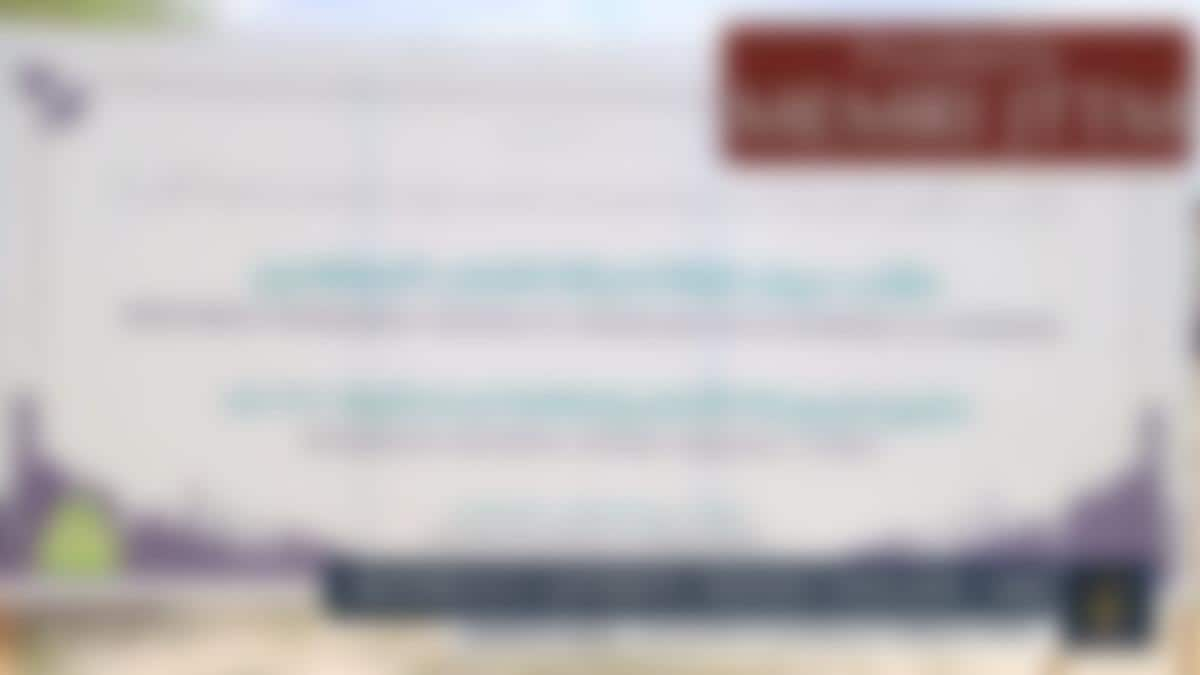
In recent weeks, the Shahada News Agency, the official media arm of Al-Qaeda's Somali affiliate Al-Shabab, released reports documenting the "distribution of livestock Zakat [form of charity]" in Somalia's Lower Juba and Bakool provinces, as part of an annual process the group uses to promote its governance in areas under its control.
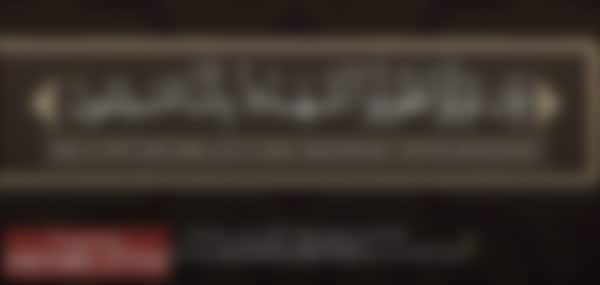
On November 4, 2024, Al-Kataib Media, the official media outlet of Al-Qaeda's affiliate in Somalia, Harakat Al-Shabab Al-Mujahideen (Al-Shabab), published a new address by Al-Shabab's leader, Emir Abu Ubaidah Ahmad Omar.

On November 3, 2024, the Shahada News Agency, the media arm of Al-Qaeda's affiliate in Somalia, Harakat Al-Shabab Al-Mujahideen (Al-Shabab), issued a statement claiming that the group shelled the Halane Training Facility in Mogadishu, "the largest base of international forces in Somalia," reportedly causing "direct hits inside the base.

On November 6, 2024, the Shahada News Agency, the media arm of Al-Qaeda's affiliate in Somalia, Harakat Al-Shabab Al-Mujahideen (Al-Shabab), issued a statement claiming that over 13 soldiers were killed and "various" military equipment seized, including weapons, in same-day clashes between Al-Shabab operatives and Somali government militias in Somalia's Lower Juba province.
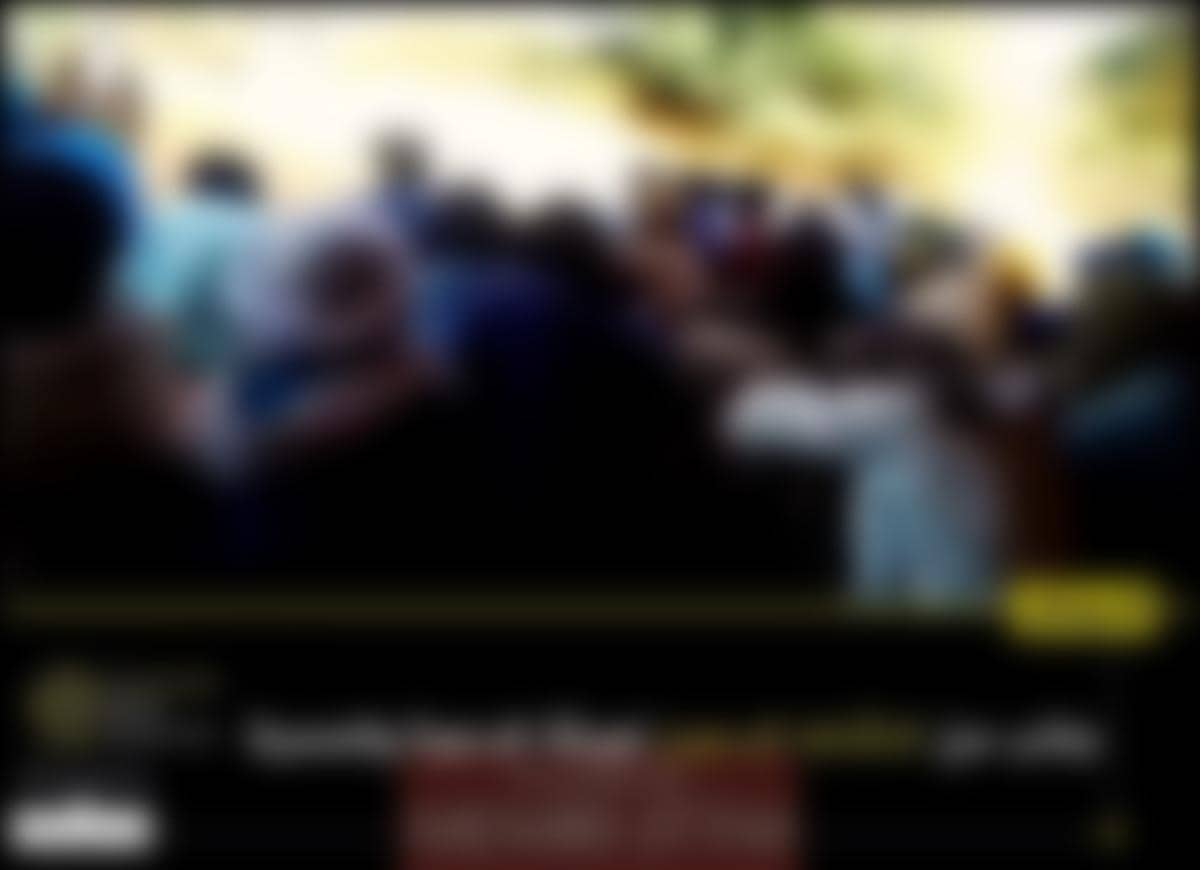
On November 4, 2024, the Al-Zallaqa Media Foundation, the media arm of Al-Qaeda's affiliate in the African Sahel, Jama'at Nusrat Al-Islam Wal-Muslimeen (the Group for Support of Islam and Muslims, GSIM), shared four photographs that depict members of its Da'wah ("preaching") and Hisbah ("religious police") Department preaching in the Kidal Region in northern Mali.

A Dari-language report published by an Afghan media outlet revealed that Mohammad Hakim Agha, the Afghan Taliban's governor of Panjshir province, has a close relationship with Al-Qaeda and has been advocating a strict version of Islamic shari'a punishments.





